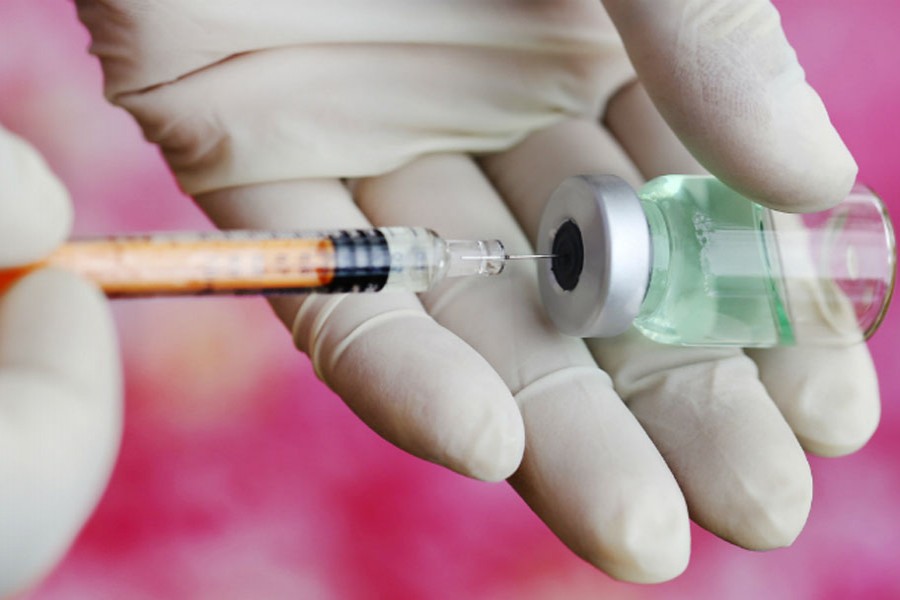Scientists have developed a novel vaccine candidate that may prevent HIV infection by stimulating an immune response against sugars that form a protective shield around the virus.
“An obstacle to creating an effective HIV vaccine is the difficulty of getting the immune system to generate antibodies against the sugar shield of multiple HIV strains,” said Lai-Xi Wang, a professor at University of Maryland in the US. “Our method addresses this problem by designing a vaccine component that mimics a protein-sugar part of this shield,” said Wang.
Researchers designed a vaccine candidate using an HIV protein fragment linked to a sugar group. When injected into rabbits, the vaccine candidate stimulated an antibody response against the sugar shield in four different HIV strains. The protein fragment of the vaccine candidate comes from gp120, a protein that covers HIV like a protective envelope, reports Hindustan Times citing PTI.
A sugar shield covers the gp120 envelope, bolstering HIV’s defenses. The rare HIV-infected individuals who can keep the virus at bay without medication typically have antibodies that attack gp120. Researchers have tried to create an HIV vaccine targeting gp120, but had little success as the sugar shield on HIV resembles sugars found in the human body and therefore does not stimulate a strong immune response.
More than 60 strains of HIV exist and the virus mutates frequently. As a result, antibodies against gp120 from one HIV strain will not protect against other strains. To overcome these challenges, researchers focused on a small fragment of gp120 protein that is common among HIV strains. They used a synthetic chemistry to combine the gp120 fragment with a sugar molecule, also shared among HIV strains, to mimic the sugar shield on the HIV envelope.
Researchers then injected the protein-sugar vaccine candidate into rabbits and found that the rabbits’ immune systems produced antibodies that were physically bound to gp120 found in four dominant strains of HIV in circulation. “This result was significant because producing antibodies that directly target the defensive sugar shield is an important step in developing immunity against the target and therefore the first step in developing a truly effective vaccine,” Wang said.
“But the ability of the vaccine candidate to raise substantial antibodies against the sugar shield in only two months is encouraging. Other studies took up to four years to achieve similar results. This means that our molecule is a relatively strong inducer of the immune response,” he added.


